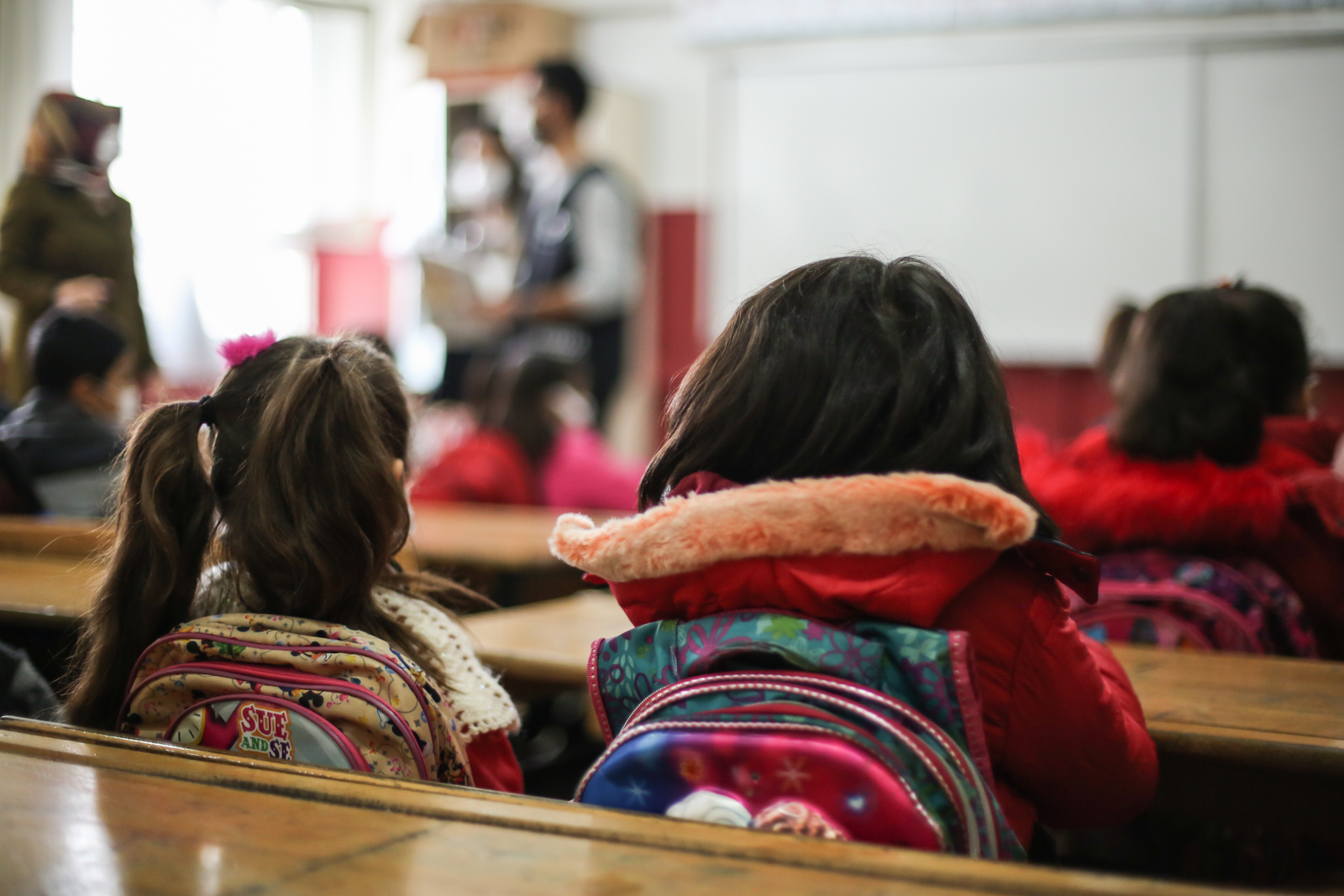
Refugee girls ‘face formidable barriers’ in getting an education
Children in conflicts, Education in emergencies, Girls' education, Right to education
The UN refugee agency said today that girls are only half as likely as boys to be in secondary school - due to factors such as domestic work, lack of toilet facilities and fears of sexual assault.
Refugee girls are only half as likely as their male peers to go to secondary school, the United Nations said today, urging efforts to break down barriers to education for girls in exile.
Refugees in general have far less access to schooling than other children, and a report by the UN refugee agency UNHCR revealed that exiled girls are particularly hard-hit.
“There are formidable barriers to overcome. We are calling for an international effort to turn the tide,” UNHCR chief Filippo Grandi said in a statement.
In a report published last year, the agency warned that half of the world’s 3.5 million refugee children do not attend school, with attendance particularly lacklustre in secondary school and higher.
While some 84% of children worldwide are in secondary school, only 23% of refugee kids are, the September report found.
Todays report, titled Her Turn, indicated that girls make up a majority of the refugee children missing out on school.
“Refugee girls at secondary level are only half as likely to enrol as their male peers” on a global level, the report said.
In some countries, like Kenya and Ethiopia, the share is even more lopsided, with only four refugees girls enrolled in secondary school for every 10 boys, the report found.
It said the cost of things like books and uniforms was a major barrier to both boy and girl refugees attending school. But it pointed out that social and cultural norms often mean boys are prioritised over girls to get an education.
Refugee families often rely heavily on girls for domestic duties like collecting water or fuel and taking care of younger sibling, the report said.
Another factor keeping older girls out of school was a lack of appropriate toilet facilities and menstrual supplies, as well as fears of sexual assault.
“No girl should miss school because the journey to school is too far or too dangerous. Refugee girls need better protection from harassment, sexual assault and kidnap on the way to school,” the report said.
It stressed that receiving an education empowers girls and can also be protective, reducing vulnerability to exploitation, sexual and gender-based violence, teenage pregnancy and child marriage.
“If we continue to neglect refugee girls’ education, it is evident that the consequences will be felt for generations,” Grandi warned.

More news

Skills for the future give young people the best chance of success
